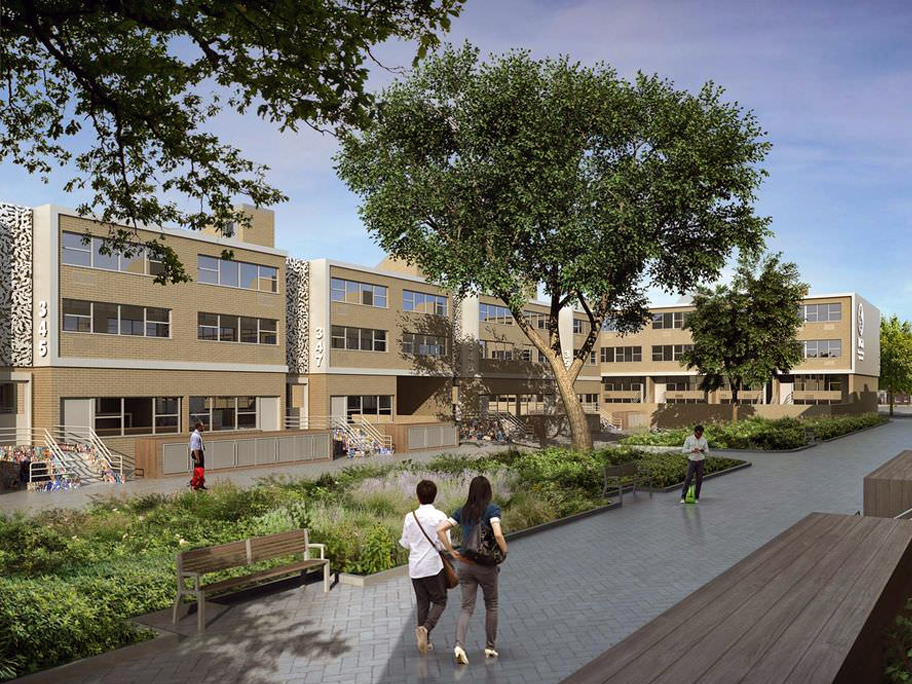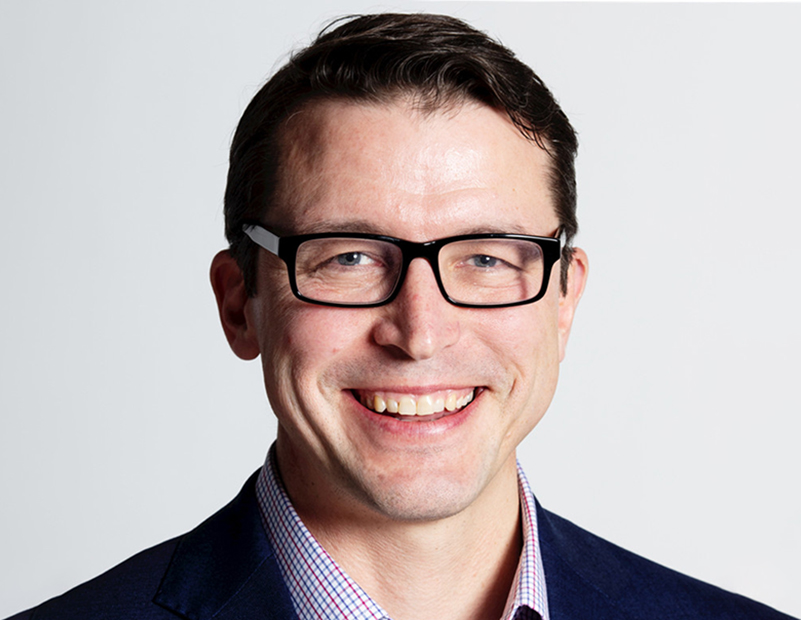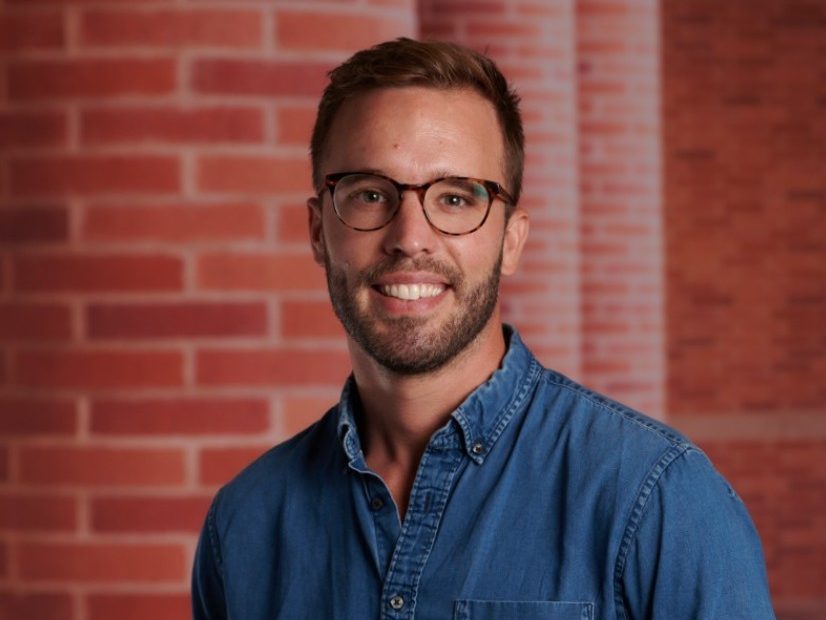NYCEEC Finances Energy Storage for a Low-Income Housing Microgrid in Brooklyn
The loan marks a new line of business for NYCEEC as the efficiency and clean energy organization enters the energy storage market.
By Anca Gagiuc
New York—The New York City Energy Efficiency Corp. made a 10-year project loan of more than $1 million to Demand Energy to bring large-scale battery storage technology to a privately-owned low-income housing development in Brooklyn, NY. The project will be the first battery storage microgrid installation at a low-income property in greater New York.
L+M Development Partners’ Marcus Garvey Apartments, a 625-unit community located in the Brownsville section of Brooklyn, already has 400 kilowatts of solar and will add 400 kilowatts of fuel-cell generating capacity as part of an extensive property renovation. Demand Energy’s lithium-ion battery system will be used to store the power generated onsite during the lower-cost off-peak Con Edison power, thus reducing power demand when electricity is at its highest cost. The energy storage and distributed energy resources will be integrated into a microgrid managed by Demand Energy’s DEN.OSTM software platform. The system will cut power expenses, help keep the grid reliable and provide off-grid backup power for emergencies.
New York-based GridMarket worked closely with Demand Energy to successfully present the project to L+M. “This is an innovative project with tremendous benefit to the customer, the community, and a constrained electric grid. Demand Energy expertly navigated technical and financial complexities to win the deal through GridMarket’s marketplace, creating a blueprint for future installations,” GridMarket CEO Nick Davis said in a prepared statement.
“Managing on-site generation and extracting value from the demand response market have made battery storage a smart, cost-effective choice,” Brian Asparro, chief commercial officer for Demand Energy, said in prepared remarks. “This software-controlled microgrid is exactly what building owners and Con Edison are looking to implement. NYCEEC’s innovative approach—non-recourse debt financing—made it possible.”
“Energy storage closes the loop with energy efficiency and clean, localized generation, and helps encourage their adoption,” added Posie Constable, NYCEEC’s head of business development. “That’s why NYCEEC has designed a loan product to encourage energy storage projects.”
Con Edison’s efforts in New York City are in consonance with the state’s Reforming the Energy Vision (REV) Initiative, aimed at creating a cleaner, more affordable, modern and efficient energy system that seamlessly includes distributed energy resources such as rooftop solar, combined heat and power, energy efficiency and energy storage.
Images courtesy of EcoSense









You must be logged in to post a comment.